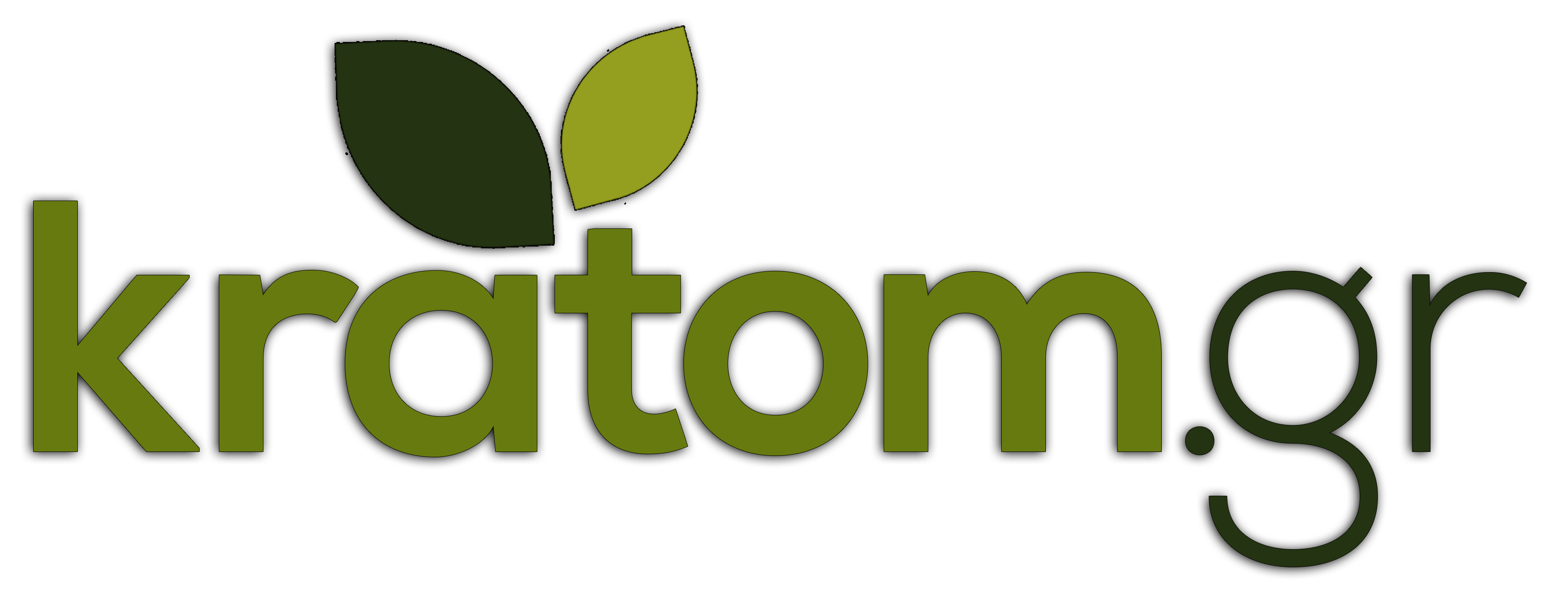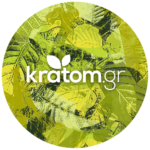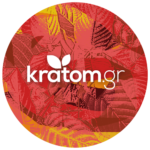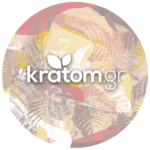What are the effects of Kratom?
Physical Effects
- Analgesic (Pain Relief)
- Energy Boosting
- Stimulant (at low doses)
- Sedative / Relaxant (at high doses)
- Increased Physical Focus
- Appetite Suppressant, good for dieting.
Mental Effects
- Increased Mental Focus
- Nootropic (Cognition Enhancing)
- Improved Concentration & Studying
- Mood Boosting / Mood Improver
- Mental Stimulation (Caffeine Free!)
- Enhances Concentration
- Stress Relief
- Anxiety Relief / Anxiolytic
- Calmative & Anger Reduction
- Anti-Depressant, Depression Relief
What is Kratom useful for?
Other Therapies and Uses
- Libido Enhancer
- Can Improve Sleep
- Increased Sociability
- Drug Addiction Therapy Treatment
- Drug withdrawal symptom relief
- Immune System Stimulation
- Increased sense of well being
- Increases patience
- Insomnia Relief
- Anti-leukemic
- Anti-malarial
- Anti-inflammatory
- Cough Suppressant
- Lowers blood sugar
- Can Provide Relief from Symptoms of
- Hangovers
- Diarrhea
- Hypertension
Chronic Conditions
Many people report that Kratom is an effective treatment for symptoms of:- Arthritis
- Multiple Sclerosis (MS)
- Restless Legs Syndrome (RLS)
- Fibromyalgia
- ADHD
The Top Positive Kratom Effects
Pain Relief / Analgesic
Kratom is one of the most effective natural pain relievers known. Its effects are oftentimes as effective as prescription painkillers such as morphine, codeine or vicodin.
Although Kratom is not an opiate, it activates mu-opioid receptors and delta opiod receptors, effectively dampening the body’s perception of pain just like the drug morphine, to relieve temporary or chronic pain.
Kratom has been reported to work for conditions such as headaches or migraines, arthritic pain, vascular pain, muscle pain as well as even chronic pain that may be resistant to other drugs. The effects of Kratom are also viewed as safer and less addictive than some of the stronger medications currently prescribed by doctors.
The primary reason Kratom is so effective for pain are it’s two primary painkilling alkaloids: Mitragynine, and 7-OH-mitragynine, which have agonist activity at mu . As a result, those who are looking for pain relief from Kratom have had best effects with strains high in these two alkaloids.
Many people have become entirely pharmaceutical free thanks to its pain-killing effects. As awareness increases, expect to see this plant as a commonplace alternative to opiate medication.
Kratom can effectively reduce pain and discomfort from conditions such as:
- Abdominal Pain
- Arthritis
- Back & Neck Pain
- Carpal Tunnel
- Chest Pain
- General Pain & Soreness
- Menstrual Cramping
- Migraines & Cluster Headaches
- Minor Injuries
- Multiple Sclerosis
- Scoliosis
- Sore / Torn Muscles
- Relieves symptoms from …
- …Gastroenteritis!
- …Hangovers!
- …Chemotherapy!
Besides these, there are many more areas in which using Kratom for pain can be effective.
Eases Withdrawal of Addiction
Addiction treatment is one of the quickest growing uses for this natural compound. For those who are addicted to opiates or other drugs, who wish to quit or cut back on their habits without experiencing withdrawal, Kratom offers an effective natural solution for addiction treatment.
Because of this plant’s pain-killing and mood-lifting effects, it has been used effectively to quit opiates and other drugs and dampen withdrawal symptoms for both prescribed pain medication and illegal narcotics.
Kratom helps to mask the effects of withdrawal from opiates and other illegal drugs. Some of the symptoms of withdrawal that Kratom is known to assist with is excessive perspiration, vomiting, muscle pains, insomnia, anxiety and diarrhea. Using Kratom, one can control their dependence on these drugs until your system is fully detoxed. Since Kratom is a mild and a much less addictive substance you can then wean off Kratom use as needed without a difficult withdrawal period in which most addicts tend to relapse. Kratom has helped thousands of addicts either quit their dangerous addictions, or replace it with a natural and safe way of managing their issues.
You can find many cases of people online using Kratom for opiate withdrawal and addiction to both help transition to sobriety, and to combat cravings and post acute withdrawals as a maintenance substance.
Promotes Health
Kratom has been used for hundreds of years by Southeast Asian cultures as a medicinal herb. These populations have identified a variety of general health benefits associated with Kratom. It is a powerful antioxidant that has even been found to reduce neuron damage following a stroke. It can lower blood pressure and it naturally contains an alkaloid commonly used in anti-hypertensive medicines. It also contains Catechin which is said to mimic insulin and control blood sugar levels for diabetics. Other effects of Kratom include antiviral and antibacterial properties that can boost your immune system. Finally, some have found it to promote weight loss and improve athleticism by increasing energy metabolism.
Some additional uses for Kratom include:
- Appetite control and assists with weight loss.
- Increases circulation
- Immune System Stimulation
- Kratom can be extremely effective for boosting the immune system for conditions ranging from the common cold to the flu, or even more serious conditions. Because of this, many have learned to take it at the onset of a sickness to dramatically reduce its duration. Due to the immunostimulant alkaloids found in Kratom:
- Isopteropodine
- Isorhynchophylline
- Isomitraphylline
- Mitraphylline
- Kratom can be extremely effective for boosting the immune system for conditions ranging from the common cold to the flu, or even more serious conditions. Because of this, many have learned to take it at the onset of a sickness to dramatically reduce its duration. Due to the immunostimulant alkaloids found in Kratom:
Anxiety Relief
Depression Relief
For many, this plant may also be beneficial for the treatment of depression however, not every strain is fit for this purpose. Choosing a strain that is appropriate for your needs will take careful experimentation and dosing. What works for you may not work for another.
Stimulation
Mood-Lifting
Potent Relaxant
Improves Sleep
Another favored effect of Kratom is that it is one of the best natural herbs for improving sleep quality. It can serve to shut off your mind before going to bed and can put you into a restful state which makes it easier to fall asleep. When using Kratom as a sleep aid people have reported that they tend to wake feeling more refreshed and ready to go the next morning.
Sexual Enhancer
Kratom can be used as an aphrodisiac and sexual performance enhancers. It may heighten arousal sensations for men and woman and enable you to last longer during sex. Caution, higher doses are known to cause difficulty in maintaining erection for men.
Enhances Concentration
Nootropic (Cognition Enhancing) Effects
The Most Common Negative Kratom Effects & Solutions
Problem
Very common problem when using or detoxing from strong opiates.
Solutions
https://www.reddit.com/r/kratom/comments/5t973f/magnesium_is_your_friend/
Every once in a while (like daily), I see a post asking about potentiators or constipation, and sooner or later, one of the wise folks here will (correctly) mention magnesium. Your body NEEDS magnesium and if you eat low most Americans (fast, easy and/or cheap) chances are that you don’t get enough of it.
Magnesium helps your body build bones, maintain proper nerve function, and is necessary to convert food into fuel. Without magnesium present, energy cannot be produced and used in cells, your muscles would not contract and relax, and many key hormones couldn’t be synthesized to assist in controlling many bodily functions. It is so vital that deficiencies of magnesium are link to depression, heart disease, diabetes and asthma among others.
One of the positive “side effects” of magnesium supplementation is that it makes you poop. I know this from years of opiate dependence. Take magnesium, and you won’t be constipated. Of course, you need to drink lots of water also. Another popular “side effect” of magnesium is that it’s a known potentiator of kratom. What could be better than that? Magnesium – makes kratom better AND it makes you poop! WIN/WIN
So, what type of mag should you be taking? You didn’t really think it was that simple did you? 🙂 In the last year, I’ve gathered up information on the different types of magnesium, how they differ, which is “best” and which are not the best. The bulk of this, I copied from this site here and other types that were missing from various sites. Amy goes into great detail on the benefits of your interested.
So, here are the types of magnesium (and their benefits that I’m aware of. I use the orotate mag myself.
Magnesium Oxide: is simply bonded to oxygen, which is obviously also something your body needs so there is nothing unnecessary in the product. The oxygen is useable by your body but will not strongly affect the way you feel taking the Mg. This is the least absorbed form, but also has one of the highest percentages of elemental magnesium per dose so it still may be the highest absorbed dose per mg. This is a great general purpose magnesium if really Mg is all you need. It makes a simple muscle relaxer, nerve tonic and laxative if you take a high dose.
Magnesium Citrate: This is one of the most common forms of Mg on the commercial market. This is Mg bonded to citric acid, which increases the rate of absorption. Citrate is a larger molecule than the simple oxygen of oxide, so there is less magnesium by weight than in the oxide form. This is the most commonly used form in laxative preparations.
Magnesium Glycinate and Magnesium Amino Acid Chelate: In this form, Mg is bonded to the amino acid glycine. Glycine is a large molecule so there is less magnesium by weight, but the glycine itself is a relaxing neurotransmitter and so enhances magnesium’s natural relaxation properties. This could be the best form if you’re using it for mental calm and relaxation. Magnesium amino acid chelate is usually bonded to a variety of amino acids, which are all larger molecules. In this form there is less magnesium by weight but the individual amino acids could all be beneficial for different things. Every formula is different so if you need both Mg and a particular amino acid, then this could be the way to go.
Magnesium Taurate: This is a less common form, and is typically taken for cardiac conditions and heart function in general. Magnesium helps the heart muscle relax, as well as the blood vessels that feed the heart to open and deliver more blood to the heart tissue itself. Taurine is an amino acid that is known to feed cardiac muscle and enhance the quality of contractions of the heart so if you’re taking Mg for heart function this is probably the best form for you. Again, taurine is a larger molecule so there is a lower Mg by weight.
Magnesium Sulphate and Magnesium Chloride: These forms are both typically used topically, although there are some oral preparations as well. Mg sulphate is best known as Epsom salts. If you’ve taken this internally you know it tastes horrible and has a very strong laxative effect, but when used in a bath or soak it is extremely relaxing to the muscles and can ease aches and pains. Epsom salts baths can also help to lower high blood pressure and reduce stress levels. Magnesium chloride is more common in the lotion, gel and oil preparations that can be used topically for muscle cramps and relaxation. Generally magnesium is one of those universally necessary elements that needs to be in your body for proper function, no matter what. Great dietary sources include coffee, tea, chocolate, spices, nuts and, of course, green vegetables with chlorophyll. Good body stores of magnesium will improve your health, mood and general functioning so finding the best kind of magnesium for you is tremendously important.
Magnesium Orotate: The most effective form of magnesium supplement, created through the use of the mineral salts of orotic acid. Both plants and animals use orotates to create DNA and RNA. Extensive scientific research by Dr. Hans A. Nieper, M.D. shows orotates can penetrate cell membranes, enabling the effective delivery of the magnesium ion to the innermost layers of the cellular mitochondria and nucleus. Magnesium orotate contains many properties that can help protect you and your health, while offering your cells the most readily absorbable form of magnesium on the market today.
Magnesium L-threonate: A newer player on the magnesium front is magnesium threonate, or magnesium L-threonate. This form effectively crosses the blood brain barrier and so has recently been studied for uses such as patients with Alzheimer’s disease and other forms of cognitive decline. A recent research study published in the medical journal Neuron showed that magnesiumthreonate creates improvement in learning abilities, working memory and both short and long term memory. Additionally it has the same benefits as any other magnesium including enhancing sleep quality.
I hope this helps some of you. I’m intrigued by the L-threonate mag because of its ability to cross the blood/brain barrier. Wonder if it would carry some of the alkaloids along more effectively?




